
Two members of the Kretsloppsteknik’s BSF group will attend the INSECTA 2023 conference in Magdeburg, Germany, which is being organized by Pilot Pflanzenöltechnologie Magdeburg e.V. (PPM), on September 13-14th. Ivã Guidini Lopes and the PhD candidate Lovisa Lindberg will be presenting two ongoing studies on the topic of organic waste treatment with BSF larvae. Ivã will hold an oral presentation regarding the inactivation of pathogens by BSF larvae in a large-scale setting, entitled “Safety assessment of black soldier fly larvae reared on food waste” and Lovisa will present her recent findings on the bioconversion of greenhouse waste with BSF larvae, also as an oral presentation entitled “Practical adjustments in fly larvae composting when treating plant-based waste”. The complete program for the conference can be accessed by clicking here.
If you’re also participating here, we would love to chat with you, perhaps over lunch or dinner during the conference! Feel free to send me an email or a message about this to iva.guidini.lopes@slu.se or lovisa.lindberg@slu.se.

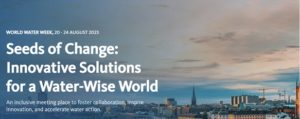

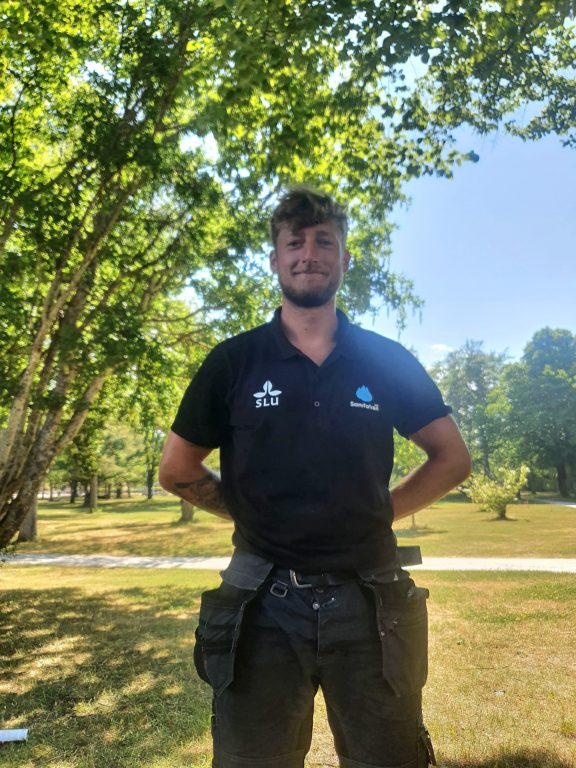

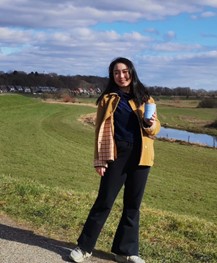 Ya Gao comes from China and previously received her Master’s degree in Environmental Technology at Wageningen University and Research in the Netherlands and her Bachelor’s degree in Environmental Sciences at Tongji University in China. After the graduation from her previous study, Ya Gao worked in a green building sustainable consultancy company in Shanghai as a project engineer for one and a half years. In May 2023, Ya Gao has joined the Kretsloppsteknik group as a PhD student working for the EU project
Ya Gao comes from China and previously received her Master’s degree in Environmental Technology at Wageningen University and Research in the Netherlands and her Bachelor’s degree in Environmental Sciences at Tongji University in China. After the graduation from her previous study, Ya Gao worked in a green building sustainable consultancy company in Shanghai as a project engineer for one and a half years. In May 2023, Ya Gao has joined the Kretsloppsteknik group as a PhD student working for the EU project 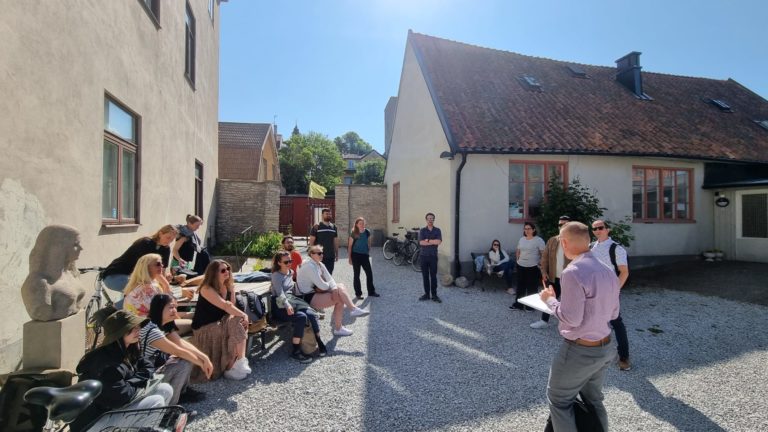

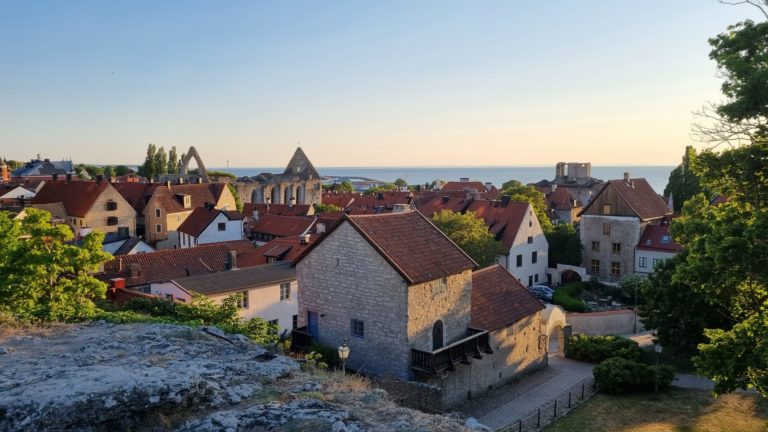

 In the latest article published in Science of the Total Environment (STOTEN), Prithvi Simha and
In the latest article published in Science of the Total Environment (STOTEN), Prithvi Simha and 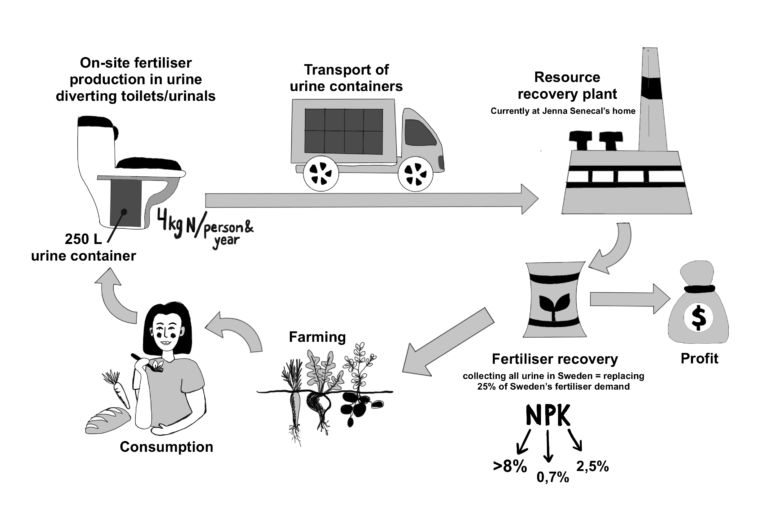 Hi, my name’s Nicola Parfitt and I recently spent a wonderful week on Gotland interviewing farmers about their perceptions of human urine as a fertilizer. I did this as part of my master thesis in Environmental Studies and Sustainability Science at Lund University, which I can’t believe is already coming to an end in June.
Hi, my name’s Nicola Parfitt and I recently spent a wonderful week on Gotland interviewing farmers about their perceptions of human urine as a fertilizer. I did this as part of my master thesis in Environmental Studies and Sustainability Science at Lund University, which I can’t believe is already coming to an end in June.